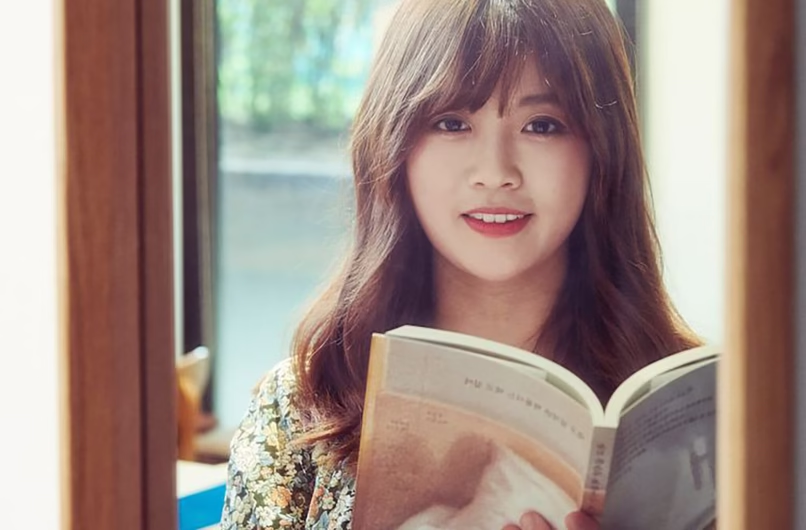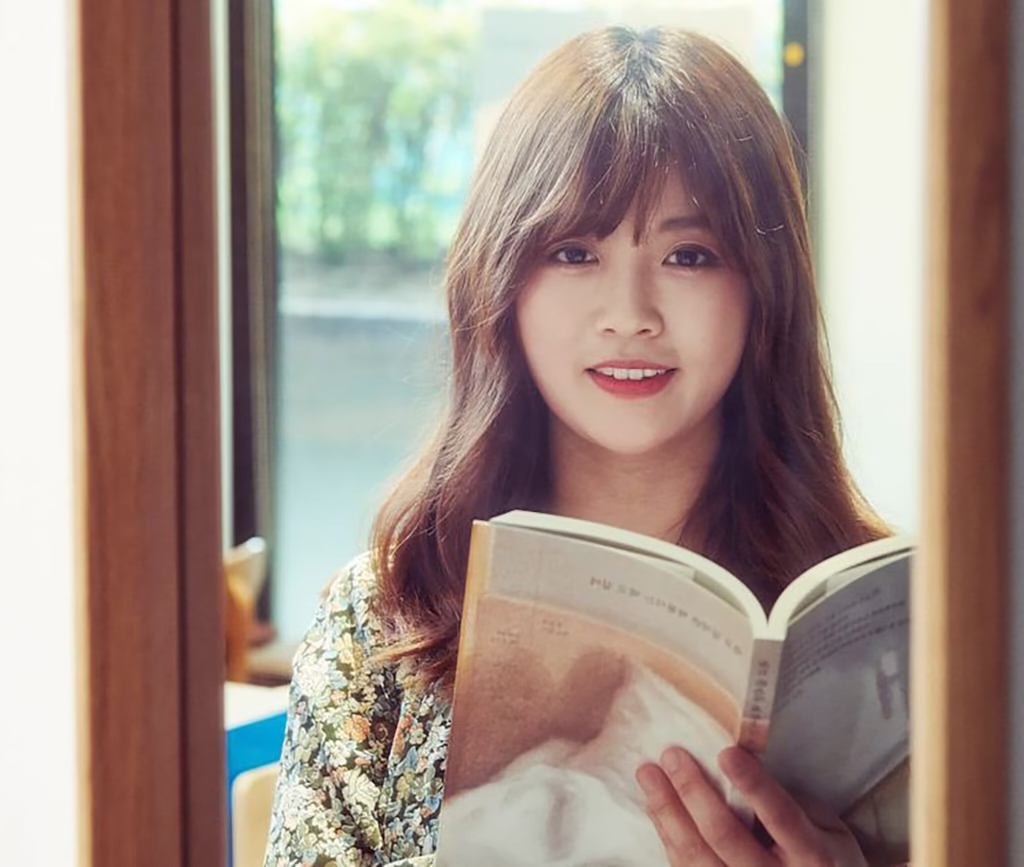
Baek Sehee: 7 Inspiring Life Lessons from the Korean Author Who Taught Us to Be Honest About Our Feelings

(image from: https://www.nytimes.com/2025/10/17/arts/baek-se-hee-dead-author.html)
Introduction: Who Is Baek Sehee and Why Her Story Matters
Baek Sehee is a South Korean author and former social media manager whose words have resonated deeply with millions around the world. Best known for her best-selling book “I Want to Die but I Want to Eat Tteokbokki,” Baek Sehee has become a voice for a generation struggling with quiet sadness, hidden anxiety, and the pressure to appear “okay.”
Her writing is not dramatic, nor is it filled with the typical motivational flair — instead, it’s raw, conversational, and painfully relatable. Baek Sehee’s success reveals a universal truth: that vulnerability, when expressed with honesty, can be the most powerful form of connection.
In this comprehensive article, we’ll explore 7 inspiring life lessons from Baek Sehee — lessons drawn from her life, her therapy sessions, and her powerful reflections on mental health. Whether you’re struggling with depression, self-doubt, or simply the pressures of modern life, Baek Sehee’s journey reminds us that it’s okay to not be okay.
1. Baek Sehee Teaches Us That Healing Starts with Honesty
The first and most important lesson from Baek Sehee is the courage to be honest.
In “I Want to Die but I Want to Eat Tteokbokki,” Baek chronicles her real therapy sessions, showing readers how she learned to voice her emotions rather than suppress them.
This title alone captures the paradox that defines her writing — the simultaneous existence of despair and desire for small joys. It’s a reminder that healing doesn’t always look like happiness; sometimes, it simply means allowing yourself to speak the truth.
When Baek Sehee began sharing her sessions, she was terrified of being judged. But in opening up, she discovered that honesty — no matter how uncomfortable — is the first step toward recovery. Readers from Seoul to San Francisco saw themselves in her words and felt less alone.
2. Baek Sehee’s Book Proves the Power of Simple Conversations
Another remarkable aspect of Baek Sehee’s work is how she transforms simple conversations into profound insights.
Throughout her therapy sessions, she discusses topics such as people-pleasing, guilt, self-hatred, and fear of failure. These aren’t new concepts, but Baek’s tone — intimate, vulnerable, and non-judgmental — makes them deeply personal.
By publishing her therapy dialogue verbatim, Baek Sehee made therapy accessible and normalized seeking help. She broke the stigma in South Korea, where mental health is often taboo, particularly among young professionals.
Her message is subtle yet powerful: you don’t need to have everything figured out to start talking. The mere act of conversation — of admitting what hurts — is already a victory.
3. Baek Sehee Reminds Us That Depression Doesn’t Define Us
In many parts of her book, Baek Sehee describes depression as “background noise” — always there, but not always overwhelming. She learned to live with it, not by ignoring it, but by acknowledging its presence.
This reframing of depression is a critical contribution to modern discussions on mental health. Instead of portraying mental illness as something to be cured, Baek Sehee portrays it as something to be understood.
Her honesty strips away the glamor of self-help books that promise instant transformation. Instead, she tells the truth: healing is slow, messy, and deeply human.
Readers around the world have found solace in her candid storytelling. They realize that depression doesn’t make you broken — it simply makes you human.
4. Baek Sehee’s Writing Shows That Small Joys Matter
The title “I Want to Die but I Want to Eat Tteokbokki” itself is symbolic. Baek Sehee chose tteokbokki — a popular Korean comfort food — to represent the simple pleasures that coexist with emotional pain.
Even when she felt like disappearing, she still wanted to taste something good. That small spark of joy, however trivial it may seem, became her anchor to life.
This is one of Baek’s most uplifting lessons: that even in our darkest moments, we can hold onto tiny bits of happiness. Drinking coffee, taking a walk, reading a book, or calling a friend — these things don’t fix everything, but they remind us that life can still offer warmth.
Her philosophy is gentle but transformative: start small. Healing doesn’t need grand gestures; it begins with noticing what still brings you peace.
5. Baek Sehee’s Global Impact: From Korea to the World
When “I Want to Die but I Want to Eat Tteokbokki” was first published in South Korea in 2018, it quickly became a cultural phenomenon. Soon after, it was translated into multiple languages, capturing audiences in Japan, the United States, and Europe.
The reason for its success lies not only in Baek Sehee’s storytelling but also in her timing. In an era defined by social media perfectionism, she represented authenticity.
Readers saw their own reflections in her self-doubt, burnout, and loneliness. Baek Sehee became an unlikely global ambassador for vulnerability — showing that emotions, like love and sadness, need no translation.
Her rise also signaled a shift in how young people view mental health. Instead of hiding their struggles, they began sharing them. In this sense, Baek Sehee’s book didn’t just sell copies — it started conversations.
6. Baek Sehee and the Courage to Seek Professional Help
One of the most practical lessons from Baek Sehee is the importance of seeking help.
Many readers, especially in Asia, are hesitant to see therapists, fearing stigma or judgment. Baek Sehee challenges this fear by presenting therapy as a normal, even empowering, part of life.
Her relationship with her psychiatrist — though sometimes frustrating — becomes a safe space where she learns to unpack her emotions. She reminds us that therapy isn’t about fixing what’s broken, but about understanding oneself more deeply.
Baek’s willingness to show the raw, unedited process of therapy makes her story one of the most honest portrayals of mental health ever written. It tells us that asking for help isn’t weakness — it’s a brave act of self-care.
7. Baek Sehee’s Legacy: Embracing Vulnerability as Strength
As Baek Sehee continues to influence readers worldwide, her greatest legacy might be this: vulnerability is not a flaw but a strength.
In a society obsessed with confidence and success, she invites us to slow down, listen to our emotions, and accept imperfection.
Her writing is not about instant happiness, but sustainable healing. She shows that progress can be quiet, that growth can be gentle, and that being honest about one’s pain can create real human connection.
A Deeper Look into Baek Sehee’s Literary Style
From a literary perspective, Baek Sehee blends memoir, therapy transcript, and reflective essay into a seamless narrative. Her tone is intimate and confessional, yet never self-indulgent.
She avoids flowery language and instead favors simplicity — mirroring the directness of her thoughts. This stylistic choice invites readers to feel as though they are eavesdropping on her private thoughts.
The result is a reading experience that feels both deeply personal and universally relatable.
Critics have compared her writing to other Asian authors who explore mental health, such as Sayaka Murata (Convenience Store Woman) and Cho Nam-joo (Kim Jiyoung, Born 1982), but Baek Sehee stands out for her introspective yet practical approach.
She doesn’t seek to lecture but to share — and in doing so, she invites readers into a quiet, honest conversation.
Cultural Significance of Baek Sehee’s Message
South Korea has one of the highest rates of depression and suicide among OECD countries, yet mental health conversations remain stigmatized. In this context, Baek Sehee’s openness is revolutionary.
She gives a face and voice to the invisible struggles many Koreans endure in silence. By speaking up, she helped normalize therapy and mental health awareness in mainstream media.
Her influence has even reached academic circles, where professors discuss her book as a case study in cultural change and emotional literacy.
Baek’s success proves that literature can be both healing and transformative, changing not only individuals but also societies.
Final Thoughts: Why Baek Sehee’s Work Matters Now More Than Ever
In a world constantly demanding perfection, Baek Sehee reminds us that imperfection is human.
Her story is not one of dramatic triumph but of quiet persistence — the kind that resonates with those who are simply trying to make it through each day.
She doesn’t promise that the pain will disappear, but she assures us that life can still hold meaning alongside it.
Baek Sehee’s message is one of compassion, honesty, and hope — a gentle invitation to look inward, to speak our truths, and to find comfort in small joys.
Conclusion: Living Authentically Through Baek Sehee’s Lens
Ultimately, Baek Sehee has given the world more than just a book — she has given us permission to feel.
Her courage to write about her struggles has inspired countless readers to start their own journeys of healing.
Whether you’re reading her for the first time or returning to her work for comfort, remember her greatest lesson:
You don’t have to be perfect to be worthy of love, healing, or peace.
Sometimes, wanting to eat tteokbokki — to enjoy something small and sweet — is proof enough that life is still worth living.







Add Comment